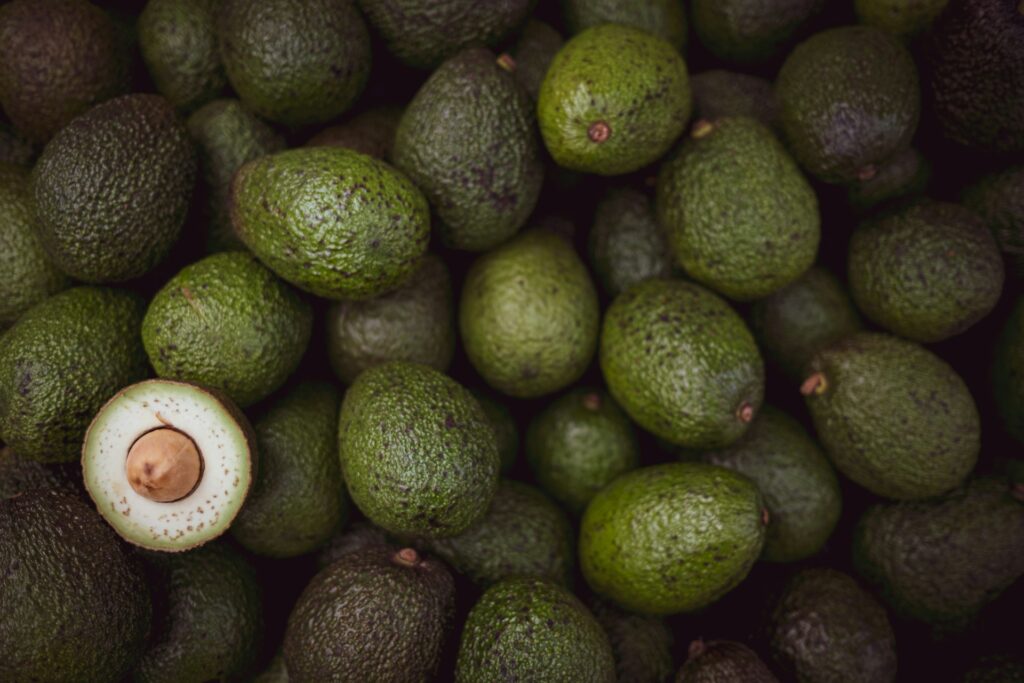Liptid, commonly referred to as fats, are a vital component of the human body. While often misunderstood, Liptid play critical roles in maintaining health, from energy storage to hormone production and cell membrane structure. Despite their importance, many people associate fats with negative health impacts, often overlooking their necessity in a balanced diet.
This article explores the types, functions, and health implications of Liptid, offering insights into how you can make informed dietary choices to support overall well-being.
What Are Liptid?
Liptid are organic molecules made up of carbon, hydrogen, and oxygen. They are hydrophobic, meaning they do not dissolve in water. Liptid include fats, oils, waxes, steroids, and phosphoLiptid, each serving distinct biological functions.
Types of Liptid
- Triglycerides:
- Found in foods like butter, oils, and animal fats.
- Serve as the primary energy source in the body.
- PhosphoLiptid:
- Essential for cell membrane structure and function.
- Found in soy, egg yolks, and certain seeds.
- Sterols (e.g., Cholesterol):
- Important for hormone production and cell membrane integrity.
- Naturally produced by the body but also obtained from animal products.
Functions of Liptid
Liptid perform several vital roles in the body:
- Energy Storage:
Liptid are a dense energy source, providing 9 calories per gram—more than double the energy of carbohydrates and proteins. - Cell Membrane Composition:
PhosphoLiptid form the bilayer of cell membranes, ensuring cells maintain their structure and regulate what enters and exits. - Insulation and Protection:
Fat tissue cushions organs and helps insulate the body, maintaining temperature regulation. - Hormone Production:
Sterols like cholesterol are precursors for hormones, including estrogen, testosterone, and cortisol. - Vitamin Absorption:
Liptid aid in the absorption of fat-soluble vitamins (A, D, E, and K), which are crucial for overall health.
Liptid and Health: The Good and the Bad
Not all Liptid are created equal. Understanding the distinction between “good” and “bad” fats is essential for maintaining health.
Healthy Liptid
- Monounsaturated Fats: Found in olive oil, avocados, and nuts, these fats improve heart health and reduce bad cholesterol levels.
- Polyunsaturated Fats: Sources include fatty fish, walnuts, and flaxseeds. They provide essential omega-3 and omega-6 fatty acids, which support brain and heart health.
Unhealthy Liptid
- Saturated Fats: Common in red meat, butter, and full-fat dairy, these can increase LDL (bad cholesterol) levels if consumed excessively.
- Trans Fats: Found in processed foods and hydrogenated oils, these fats significantly raise the risk of heart disease.
Dietary Recommendations for Liptid
The key to benefiting from Liptid lies in moderation and choosing the right types.
Daily Intake Guidelines
- Total Fat: 20-35% of daily caloric intake should come from fats.
- Saturated Fat: Limit to less than 10% of daily calories.
- Trans Fats: Avoid whenever possible.
Practical Tips for a Healthy Lipid Intake
- Opt for cooking oils like olive or canola oil instead of butter.
- Include fatty fish like salmon or mackerel in your weekly diet.
- Snack on nuts and seeds for a healthy dose of monounsaturated fats.
- Limit processed and fried foods to reduce trans fat consumption.
Liptid in Medical and Industrial Applications
Beyond nutrition, Liptid have broader applications in medicine and industry.
Medical Uses
- Pharmaceuticals: Liptids serve as carriers in drug delivery systems.
- Cosmetics: They are key ingredients in moisturizers and skincare products due to their hydrating properties.
Industrial Applications
- Biofuels: Liptids from plants and algae are used to produce biodiesel.
- Food Industry: They improve texture and flavor in various processed foods.
Common Myths About Liptids
- All Fats Are Bad:
Not true. Healthy fats are essential for body functions and can protect against chronic diseases. - Low-Fat Diets Are Healthier:
Cutting out fats entirely can lead to nutrient deficiencies and imbalances. - Fat Makes You Gain Weight:
Overeating any macronutrient can lead to weight gain; fats, when consumed in moderation, are not inherently fattening.
Conclusion
Liptids are indispensable for human health, performing functions that range from energy storage to cell maintenance. Understanding the types of Liptids and their roles can help you make informed dietary choices, ensuring you reap the benefits while minimizing risks.
